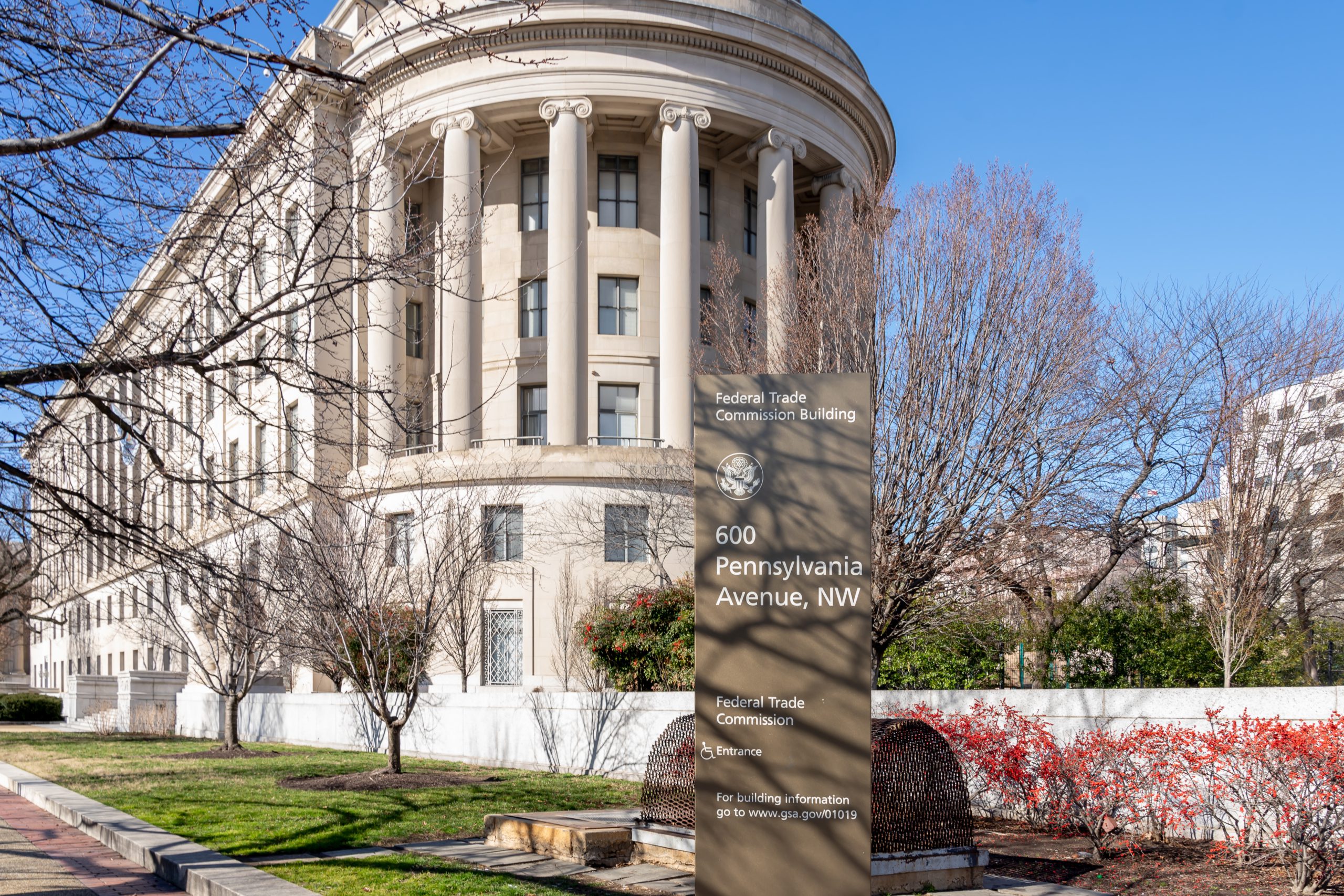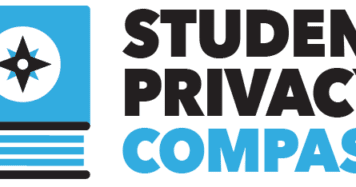On May 19, 2022, the Federal Trade Commission (FTC) held an open meeting where it approved a policy statement prioritizing enforcement of the Children’s Online Privacy Protection Act (COPPA) as it relates to edtech. Read the Commission’s full policy statement here, and FPF’s analysis below.
FPF welcomes the Commission’s prioritization of COPPA enforcement related to educational technology. The use of edtech skyrocketed during the pandemic and is seemingly here to stay. While technology can help schools mitigate health risks, provide a more accessible learning environment for all students, and give students access to important online services, parents need to trust both schools and the industry providing technology for schools. Meaningful privacy protections are a key factor in building that trust.
No app or edtech program serving schools should profit from behavioral advertising or selling student data. It is a clear violation of FERPA for schools and of COPPA for private companies. And it is a clear violation of the Student Privacy Pledge, a voluntary but legally binding industry pledge (enforceable by the FTC and state Attorneys general) to safeguard student privacy regarding the collection, maintenance, and use of student personal information. Co-founded by FPF and the Software and Information Industry Association (SIIA), the Pledge has nearly 250 signatories today. Read more about how the Pledge bolsters student privacy here.
The Commission’s policy statement has particular implications for student monitoring software. FPF has long shared concerns about the privacy and equity implications and unintended consequences of student monitoring. Our September 2021 report, The Privacy and Equity Implications of Using Self-Harm Monitoring Technologies, contains both legal considerations and recommendations for school districts considering implementing this technology, including a list of suggested questions to ask vendors. An accompanying infographic, Understanding Student Monitoring, provides an overview of why schools monitor student activity online, what types of activities may be monitored, and how student data may be processed and used.
FPF welcomes the Commission’s commitment of enforcement resources to ensure no company is abusing student data, and that parents, schools, and students can access the tools needed to learn without sacrificing privacy.
For more information about the Student Privacy Pledge and how edtech companies can sign on, click here.
To access all of FPF’s child and student privacy resources, including the monitoring report and infographic, visit Student Privacy Compass, our one-stop-shop resource site run on all things related to student privacy.





